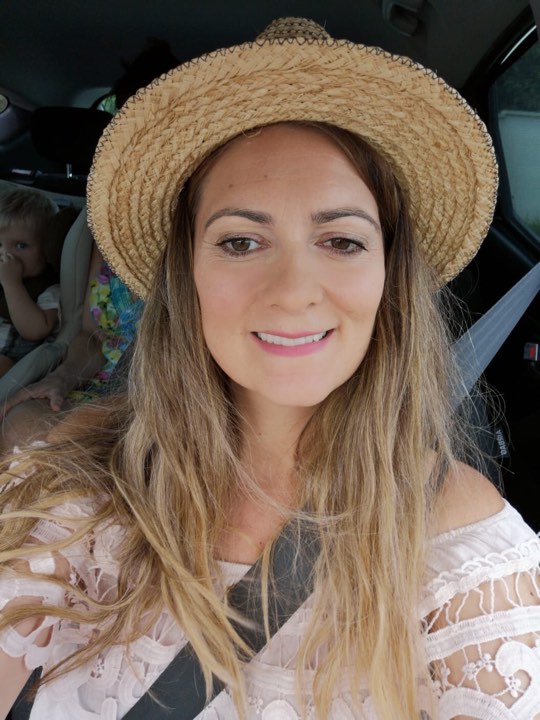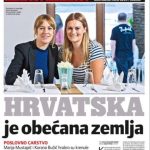The 2nd International Conference on Diaspora Tourism opens in Split on May 17, 2019. In the build-up to the conference, TCN meets some of the returning diaspora who have made a success of life in Croatia. Next up, Korana Bucic.

Born in Australia, returned to Croatia, something that many diaspora dream of doing. Tell us briefly about your journey.
It’s been a wild ride, to say the least. Maria and I moved here in 2006 and opened up Booze and Snooze Hostel, which was the first registered hostel in Split. Over the years, we have expanded the company by opening two additional hostels, Fiesta Siesta and Hvar Out (in partnership) as well as Charlie’s Backpacker’s Bar, Zinfandel Food and Wine Bar and Brasserie on 7.
I actually wish I had kept a journal of our journey, as believe it or not, I have forgotten so many of the hurdles and struggles that we faced over the years. The beginning was definitely the hardest. Initially, dealing with bureaucracy and getting permits and licenses was the most difficult, but over the years it has become easier. The systems have definitely improved a lot over the years. Over time, we have accepted the way things are and don’t get all worked up about it anymore … it’s become our new normal.
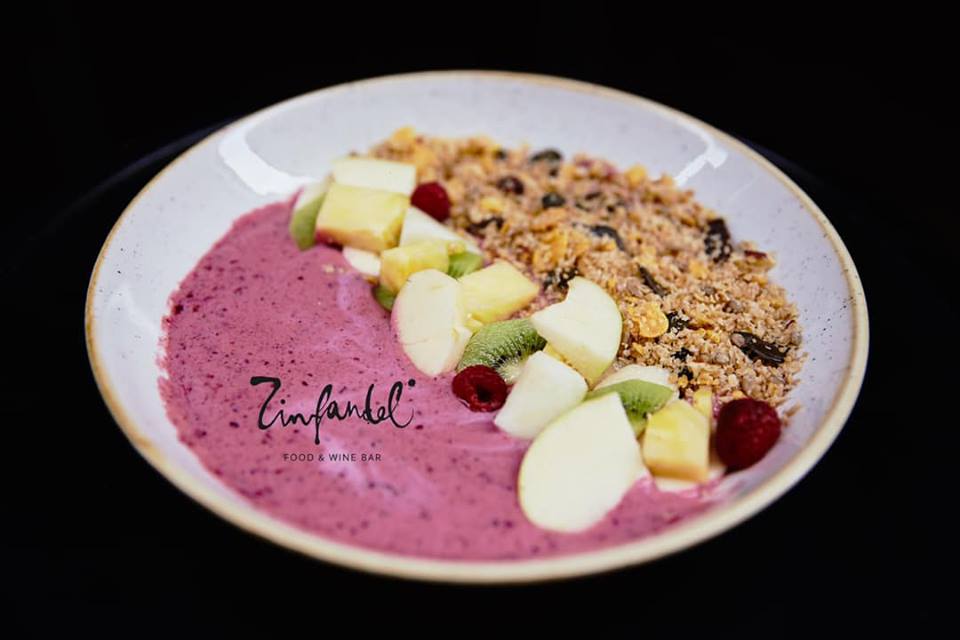
Looking back, what were your hopes, expectations and fears about moving to Croatia?
Looking back, I don’t think I really had that many expectations. The information back then was extremely limited or non-existent, especially when it came to opening a hostel. We had to physically come to find out anything. I didn’t play out all the ‘what-ifs’ in my head; I more so thought, “What’s the worst that could happen?” Worst-case scenario we could be back home (Sydney) within two days.
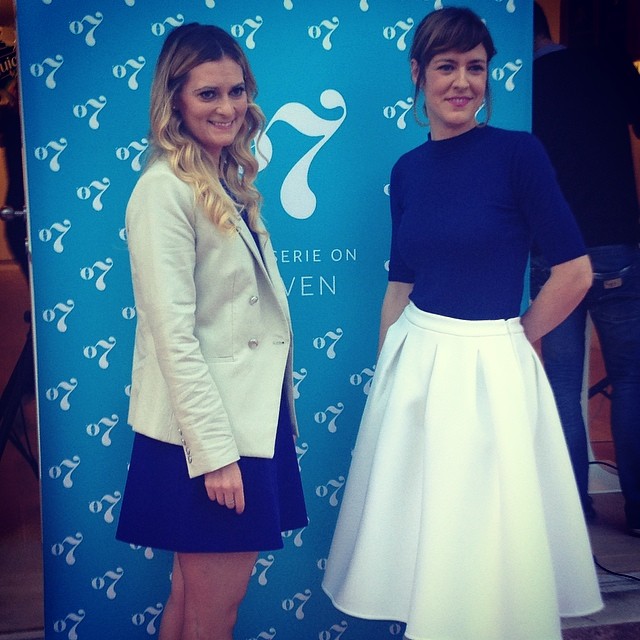
Don’t get me wrong, we definitely came with a plan to open a hostel; we had worked on a business plan for about a year. I remember before we even arrived, we had the logo and flyers printed, and all we needed was a building. We were young, positive, extremely determined and thankfully a little naïve, which in hindsight, was a blessing. I remember my favourite quote at the time: “I would rather try and fail than not try at all”. I knew if I didn’t try that it would be something that I would always regret.
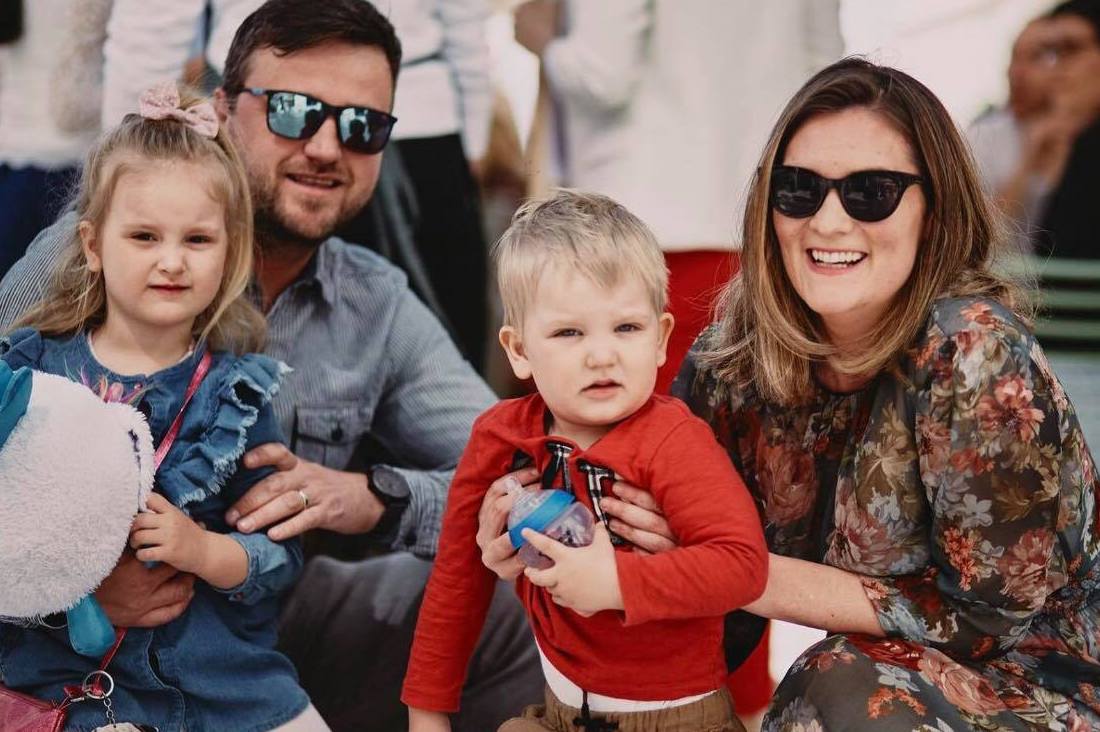
How supportive was your Croatian community back home at the time?
My parents were always extremely supportive of both of us and all our visions. They always trusted our judgment and were there to support our mistakes. The thing they believed in the most was definitely mine and Maria’s friendship and bond (childhood friends). I think for them knowing that we were doing this together gave them a lot of comfort. A few members of the older generation did comment that they thought we are making a mistake as a lot of them had bad experiences with business in Croatia. Regarding the diaspora community, in general, they have always been a huge support network for us from the very beginning and still continue to be which has always meant so much.
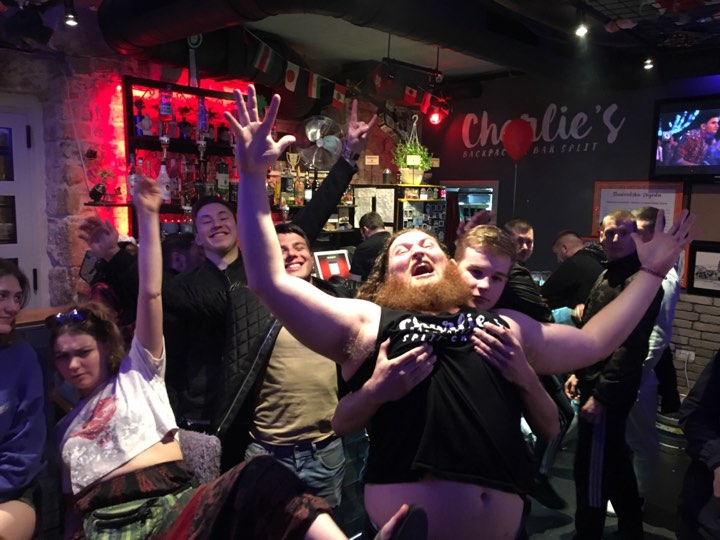
What were the main differences in what you expected to find in Croatia and the reality of living in Croatia?
When we first moved here, we wanted to make a hostel shirt with the slogan “My life is your holiday,” as people often think we are living the dream but it’s not quite like that; in reality, in many ways, it feels like another world and even sometimes another era. So many things functioned differently than how we were was used to. One of the first things that come to mind, which I noticed on a daily basis, was the difference in customer service. We came from a land that teaches you the customer is always right. Being unprofessional or rude in the workplace would leave you jobless pretty quickly. That was definitely not the case here.
Often, as the customer, I would feel the frustration of the employer and hear about all the internal problems they are having, especially when dealing with the bureaucracy. I think this is a huge problem for the diaspora community. It’s a total shock when you first arrive and when you get this kind of response when trying to organize everything; you begin to feel really lost and don’t know who else to turn to get things done. You really have to know exactly the right questions to ask to get things done. Sometimes there is a plus side to the customer services here. People are very honest; you will also experience walking into a shop to buy something and the cashier will tell you “don’t buy this, it’s not that fresh” or “next door you can get it for half the price,” which is something you would never experience back home.
In terms of traditions and daily lifestyle changes, they are incomparable. I often think about how lucky we are to live in such a beautiful and safe country.
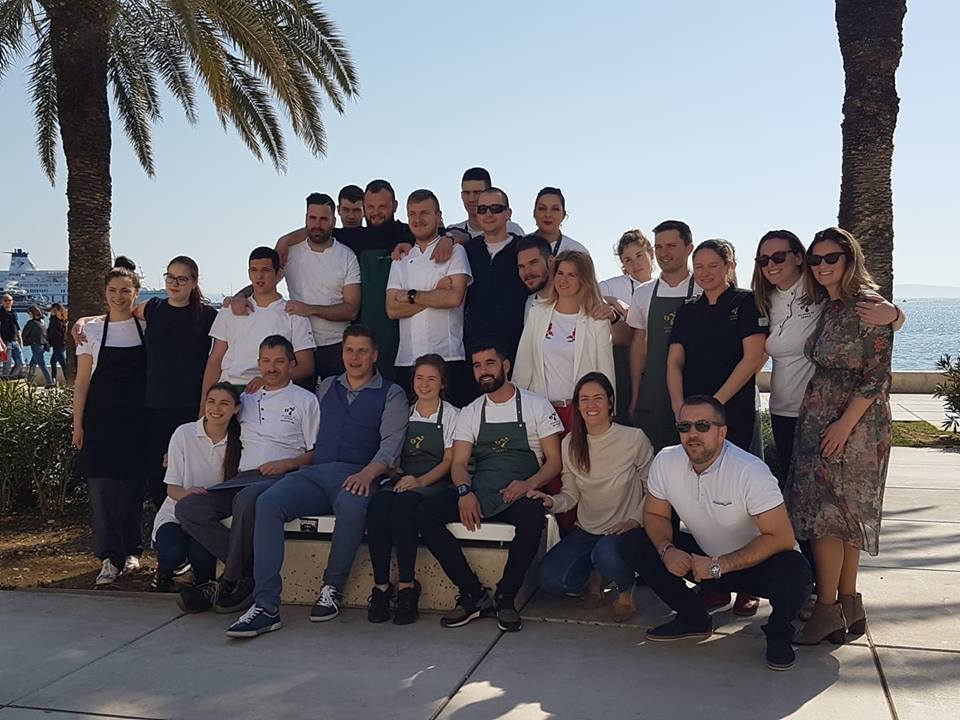
Many diaspora think of returning but few do. In truth, there is little information out there about real-life stories and help/info about the process. What advice do you have for those who are thinking about making the move?
The biggest advice that I can give is: to forget what you know. Don’t compare the systems here to the systems that you are used to back home because if you do you will find it almost impossible to accept the way things are here. If you are constantly comparing things you are very likely to become angry, negative and bitter. I think a lot of people end up really frustrated with the system here and then out of frustration, give up. Try to look at the bigger picture: all the bureaucracy is temporary if you can manage to break through the very thick ancient stone wall, it is well worth it. It’s kind of like giving birth eventually you forget all the pain 🙂 How were you perceived in Split as foreigners/diaspora moving back – was the welcome warm?
I think the locals that we met were a little intrigued when we first got here and opened the business. There were definitely not many diaspora teenage girls opening up businesses back then! They always noticed that we worked hard and always respected us for that.
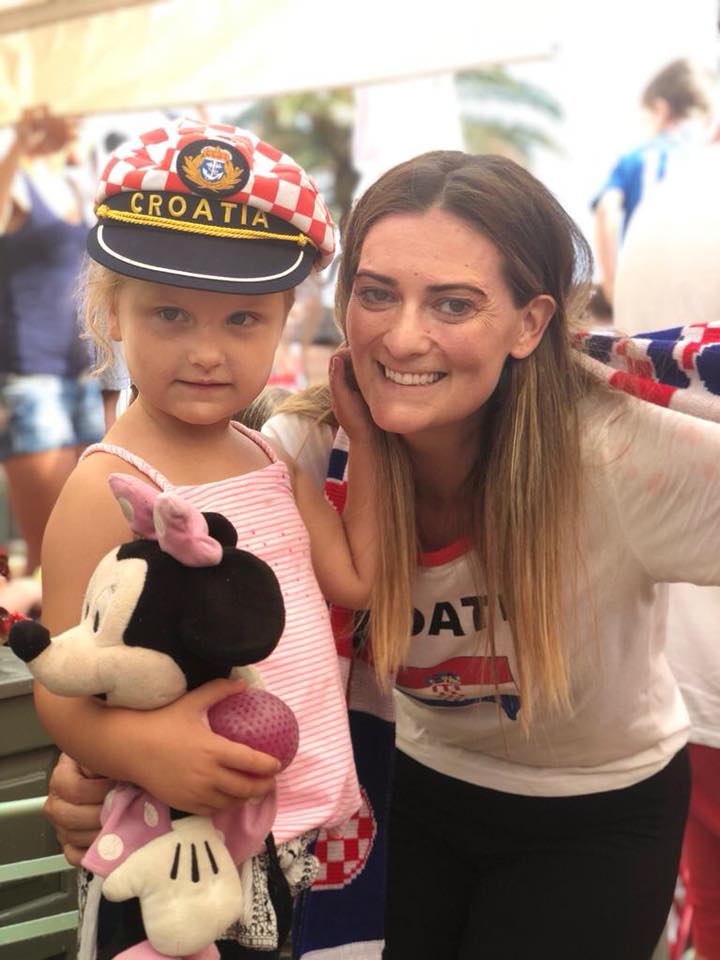
Through a lot of hard work, you two young ladies have been very successful, while many foreigners have given up and left Croatia. What are the keys to success in doing business in Croatia in your opinion?
Having a plan is very important and finding a niche in the market is key. There are still so many things that are needed here and I believe would be successful if done right. Having a good team of people to work with is also crucial. This definitely takes a lot of time and effort like it does anywhere but once you have the right foundation then everything is much more achievable and enjoyable.

And finally, a word on this conference. What are you hoping to get out of it?
I am hoping to hear other people’s positive experiences and hear about future plans and projects in the region.
For the full programme at the 2nd International Conference on Diaspora Tourism (in English and Croatian), click here.
For more on the Croatian diaspora, check out the TCN dedicated section.
